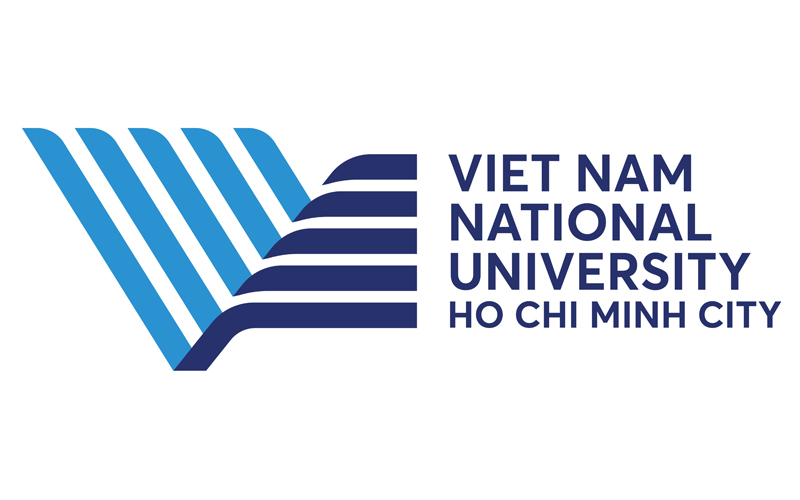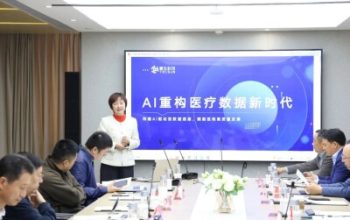VIETNAM – 4 November 2019 – HCM City uses artificial intelligence as a foundation for industry 4.0 and becoming a smart city.
According to Viet Nam National University-Ho Chi Minh City, to enhance the use of AI, having high-quality human resource with the capacity to understand the latest technologies and innovations is very important.
The city has many universities and science research institutes which could foster training and research to remain abreast of the latest technologies and help build an AI eco-system.
A pioneer in training in and research into AI in the city, the VNUHCM invested nearly VNĐ7 billion (US$301,372) to set up an AI lab at its one-member University of Science for research into advanced machine learning methodologies, speech translation into Vietnamese, bio-informatics and others.
The lab, set up in 2008, researches text-to-speech and speech-to-text.
The first AI lab in southern Việt Nam set up an IoT-Robotics Club, has organised many free online and offline training courses on basic Python and website programming.
The VNUHCM’s University of Technology also began a project in 2016 to develop crowdsourcing for data collection and providing traffic warnings in the city over mobile phones by 2020 as part an IT application programme to reduce traffic congestion.
After software is developed, it will be offered to the city Department of Transport for trialing.
The VNUHCM’s Geomatics Centre has collaborated with the city Steering Centre for the Urban Flood Control Programme for a programme on standardising data and analysing the city’s satellite images.
More about VNUHCM
Situated in the city’s eastern region, the VNUHCM was established in 1995 as one of the country’s two national universities the Government designated to develop into centres to train undergraduates and postgraduates, carry out research, transfer technologies, and lead the higher education system.
It has 36 units under it for training, doing research and transferring technologies, including its seven member universities- the University of Technology, University of Science, University of Social Sciences and Humanities, International University, University of Information Technology, University of Economics and Law, and An Giang University- and one Institute for Environment and Resources.
The university’s target is to become one of the 100 leading universities in Asia by 2025.

















